Small Tech Business Voices in Big Policy Rooms: A Weekend in Brussels
Last week brought an unexpected and invaluable opportunity for us as Mitchel Volkering, founder of vaic.at Software joined a roundtable with a U.S. Congressional Delegation in Brussels.
Around the room sat the Chairman of the House Judiciary Committee, the Chairman of its Antitrust Subcommittee, the Ranking Members of both committees, and other senior policymakers. These are the people who help shape the rules that define the future of our digital economy.
Mitchel Volkering, representing vaic.at Software also met other founders of EU and UK tech companies during the meeting, all ready to share how the European Union’s Digital Markets Act (DMA) is affecting not just the tech giants, but also smaller innovators like us.
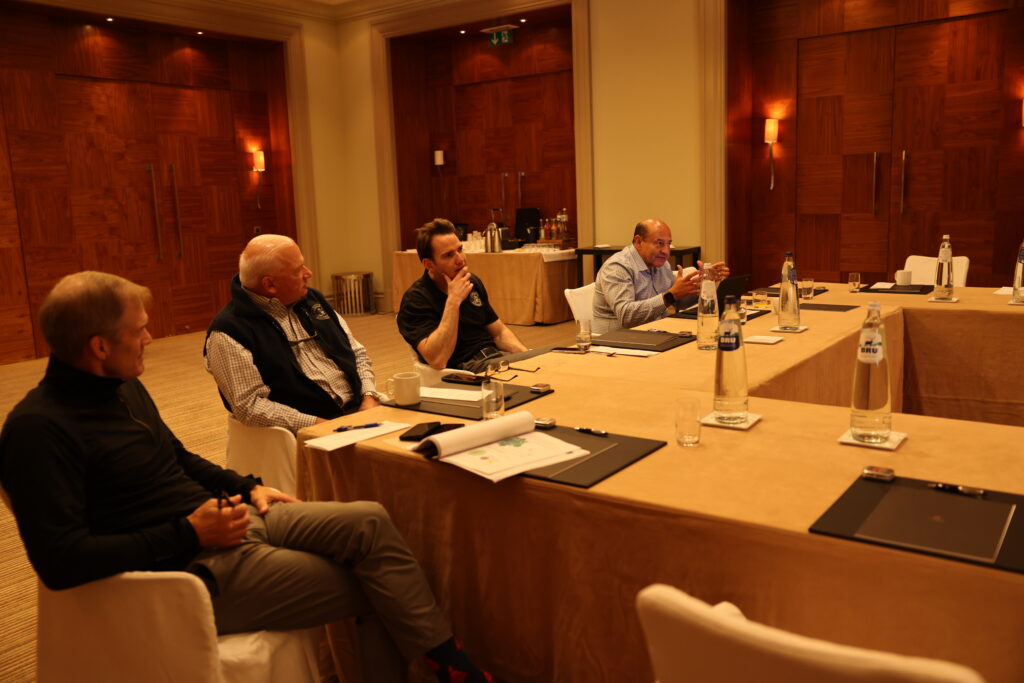
When Small Business Voices Meet Big Policy
“What struck me most wasn’t the formality of the setting — it was the genuine curiosity of the U.S. delegation. They didn’t just want the high-level talking points. They leaned in, asked questions, and wanted to understand the practical, ground-level impact of the DMA.” – Mitchel Volkering
For them, this wasn’t just an abstract European policy. They were thinking ahead: If similar rules were introduced in the United States, what would it mean for American startups, developers, and consumers?
For small tech businesses like ours, the unintended consequences of rules aimed at “Big Tech” often hit us hardest. We rely on curated online marketplaces to reach users, maintain trust, and deliver secure, high-quality experiences. When those safeguards are weakened, it’s our customers — and our innovation — that are at risk.

Real-World Impact on Our Work
At vaic.at Software, our products — from mEUvy (helping people compare and relocate to EU/EEA cities) to Salary Insights (providing market transparency for workers) to EUorigin (helping visualize EU business expansion) — all depend on trust, security, and consistent user experience.
Here’s how the DMA is already changing that reality:
- Security Risks – When app distribution is opened up without consistent safeguards, the risk of malicious actors slipping in increases dramatically.
- Eroded User Trust – Inconsistent privacy and safety standards across platforms make it harder for users to know who they can trust.
- Delayed Innovation – Complex compliance requirements have already slowed or blocked the EU rollout of key platform features, like Apple’s Apple Intelligence.
These challenges aren’t theoretical. They affect how quickly we can bring features to market, how we design our security approach, and how we protect our users.
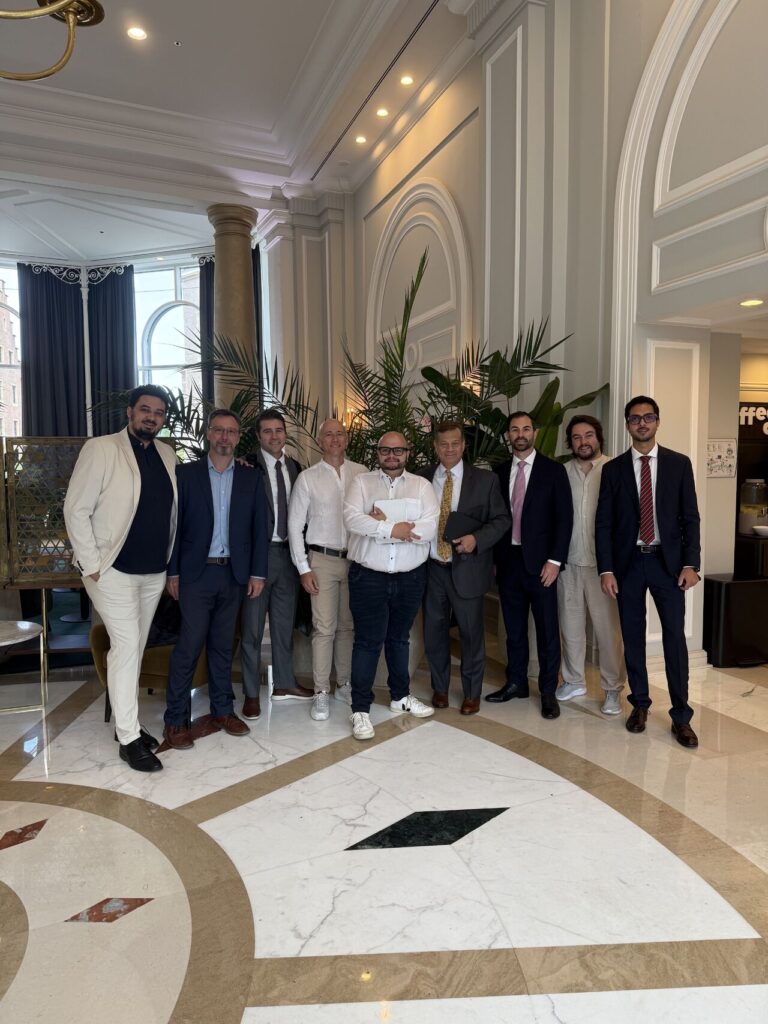
A Transatlantic Conversation
This is not just a European conversation. Outside this meeting in Brussels, the U.S. has already commented on this topic.
- In Washington, the White House is actively scrutinizing the DMA’s potential impact on U.S. innovation and competitiveness.
- The House Judiciary Committee has formally raised concerns with the European Commission about unintended harms to both innovation and consumers.
- Proposed U.S. legislation could even determine how EU DMA enforcement orders are recognized in American courts.
Even in the UK, the Competition and Markets Authority (CMA) recently halted moves toward mandatory sideloading and alternative app stores — a significant win for small developers, consumers, and digital platforms. It shows that regulators can recognize the risks and adjust course. We hope the European Commission draws inspiration from the CMA’s recent decision to course correct.
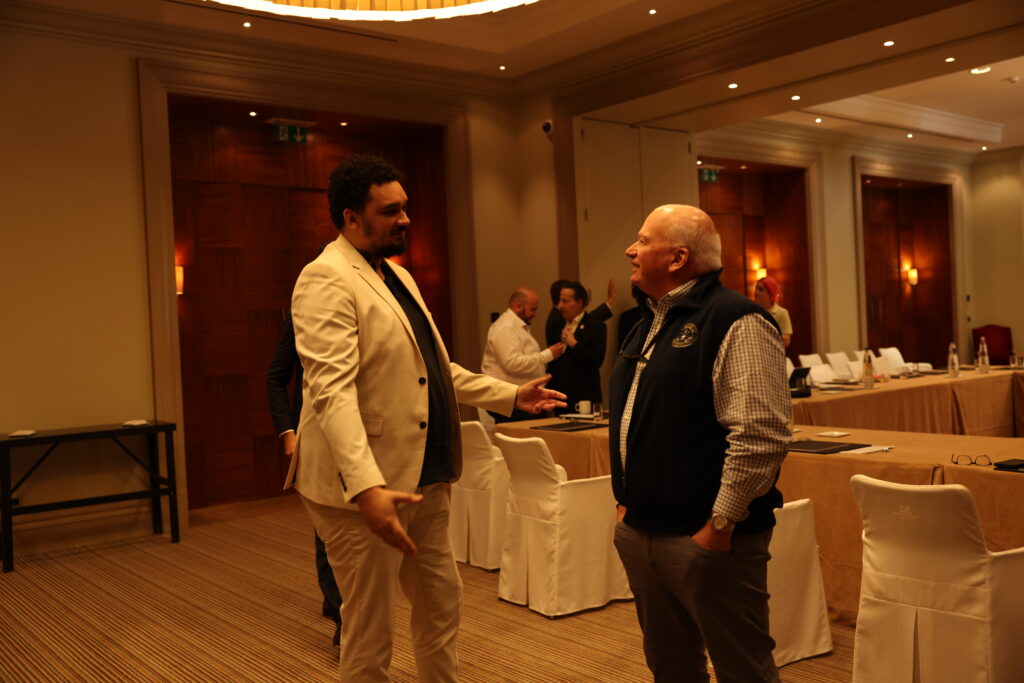
Why This Matters for the Future
The DMA is still evolving, and the coming months present a real opportunity to refine how it’s implemented. Done right, it could support competition without eroding the innovation engine small developers represent. Done wrong (Currently, we are here.), it risks making our ecosystem less safe, less trusted, and less innovative.
We don’t want special treatment. We want balanced, evidence-based policy that allows us to keep building tools, services, and experiences that improve people’s lives — on both sides of the Atlantic.
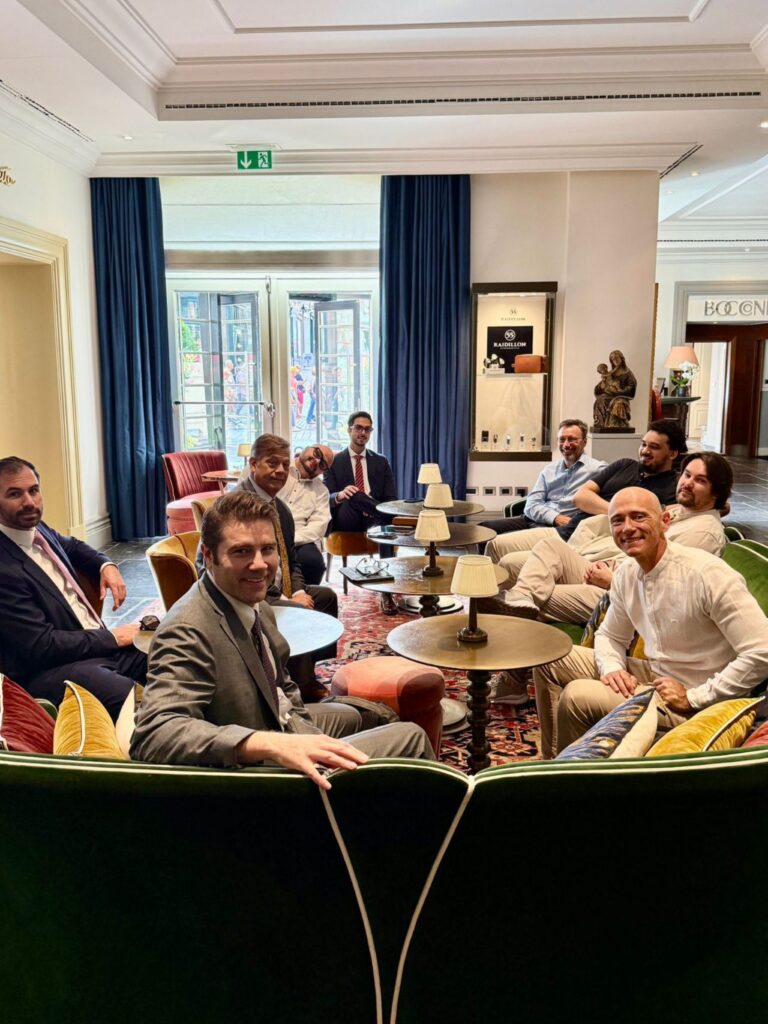
Thank You
We are deeply grateful to ACT | The App Association for inviting us to the table, and to the U.S. Congressional Delegation for engaging so thoughtfully with our perspective.
And to our fellow ACT members who joined us in Brussels — thank you for making the small tech voice louder, together.
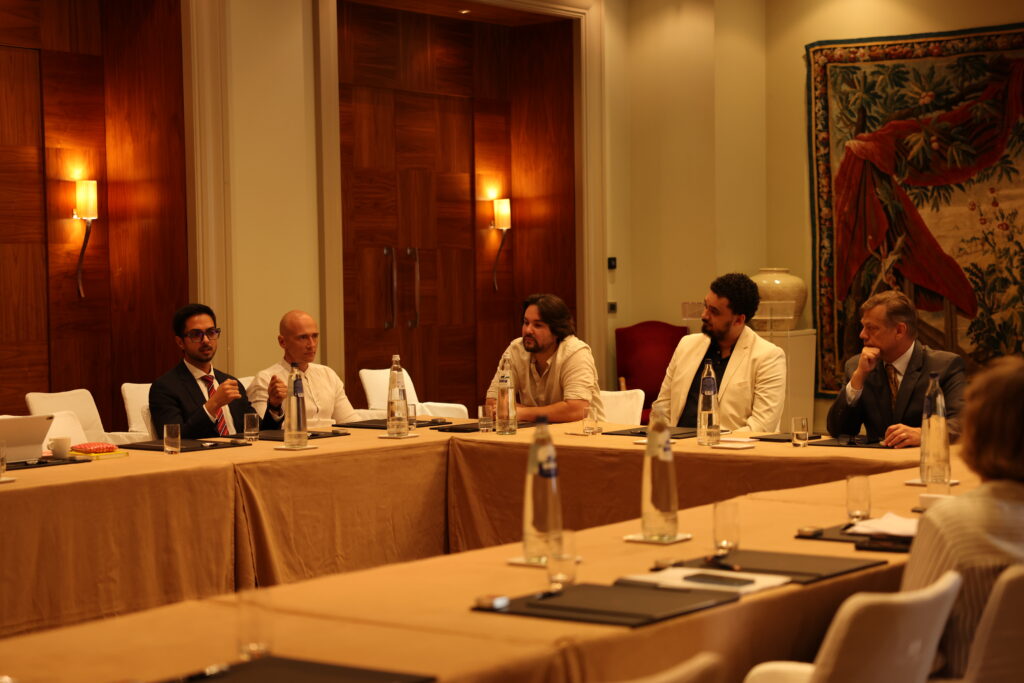


Comments
There are no comments yet.